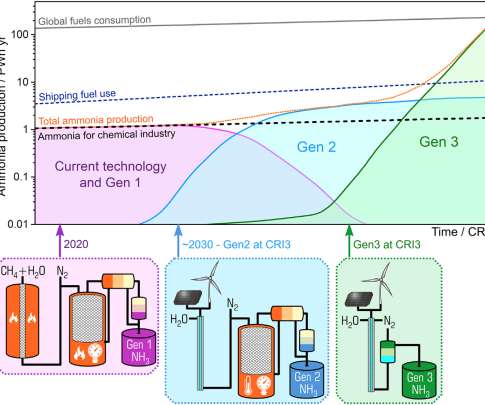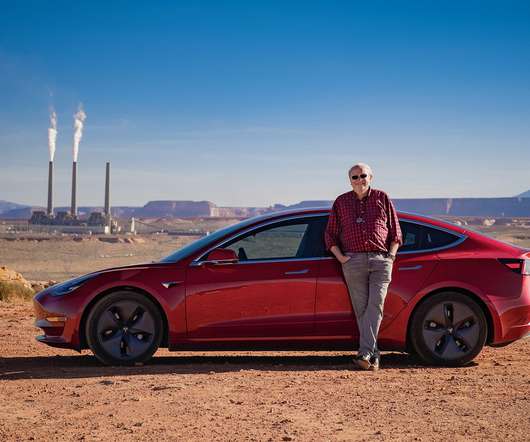Monash team proposes roadmap to renewable ammonia economy; 3 generations of technology
Green Car Congress
MAY 11, 2020
While there is global potential to generate renewable energy at costs already competitive with fossil fuels, a means of storing and transporting this energy at a very large scale is a roadblock to large-scale investment, development and deployment. Generation 2 moves the Haber-Bosch process to renewable sources of hydrogen.







































Let's personalize your content